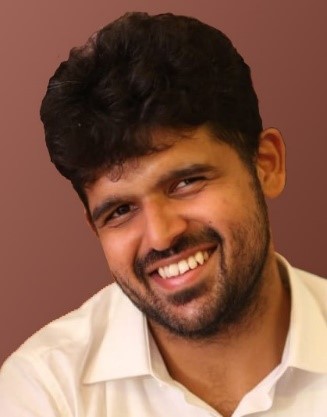Political Decision-Making and Nuclear Retaliation
Currently, India's nuclear doctrine is one of inflicting ‘unacceptable damage’ in case of nuclear first use against it or its forces anywhere. The problem with this is that at current levels of vertical proliferation it is liable to face a counter strike of equal proportions. This may not be in India's interests when viewed in relation to the inevitable setback to its trajectory of progress. Therefore, there is a case for terminating nuclear exchanges at the lowest possible level in case of nuclear first use of low opprobrium quotient or violence.
- Ali Ahmed
- July 2012








